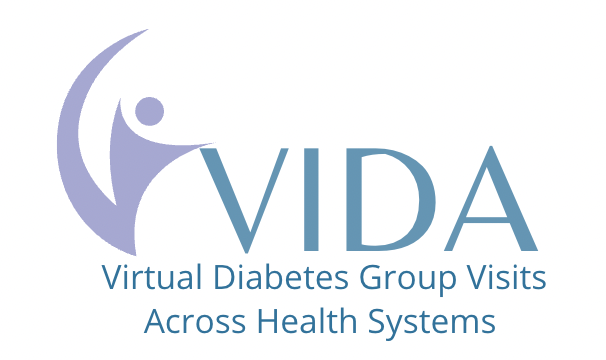
VIDA: Virtual Diabetes Group Visits Across Health Systems
Principal Investigator: Arshiya Baig
Of the 30 million adults with diabetes mellitus (DM) in the United States, 97% have at least one chronic health condition, such as hypertension, heart disease or kidney disease. Diabetes mellitus and diabetes-related complications disproportionately affect people of color. The prevalence of diabetes mellitus is higher among Hispanics (12.5%) and African-Americans (11.7%) compared to non-Hispanic whites (7.5%). Additionally, Hispanics and African-Americans have higher rates of diabetes-related complications, including amputations and chronic kidney disease. Group visits (GVs) can provide patients with comprehensive care for their multiple chronic conditions. Diabetes group visits—shared appointments where patients receive self-management education in a group setting and an individual medical visit—can improve blood sugar control, decrease healthcare utilization, and provide social support and co-learning among peers. While virtual appointments have become a routine part of clinical care during the COVID-19 pandemic, group visits via virtual platforms remain uncommon and understudied. Before the model can be widely adopted, important questions about the effectiveness and implementation of the virtual diabetes GV model need to be addressed.
We aim to implement the virtual group visit model (VIDA: Virtual Diabetes Group Visits Across Health Systems) in two distinct health systems in the Chicago region. : ACCESS and Advocate Aurora Health. The ability to train, implement and evaluate virtual diabetes group visits across two distinct health systems provides a unique opportunity to learn about adaptation and the barriers and facilitators for group visit program implementation.
Community Partners: Access Community Health Network; Advocate Aurora Health; MidWest Clinician’s Network
